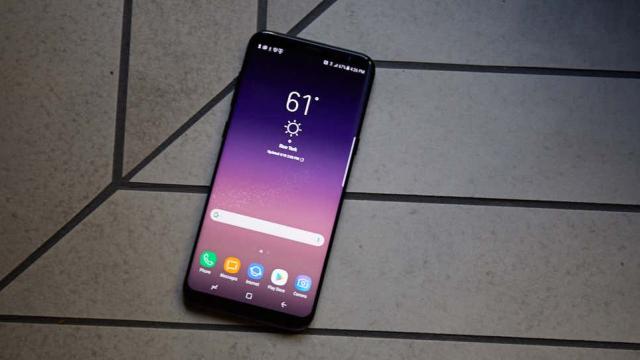It’s always a sad day in Androidland when a popular smartphone officially reaches its end of life. Samsung will no longer push software updates to its Galaxy S8 and Galaxy S8+ smartphones.
Samsung warned users of the eventual end when it switched the Galaxy S8 and S8+ to quarterly security updates last year. The Galaxy S8 Active will still receive quarterly updates, along with the S8 Lite, which is now on a biannual update schedule. Both of those models launched later in the S8 lifecycle and thus have a bit more runway. If you’re a Galaxy user, be sure to bookmark the company’s mobile updates page for reference.
The Galaxy S8 and S8+ launched in 2017 to great fanfare and great drama. It was Samsung’s first flagship model following the battery-exploding fiasco of the Galaxy Note 7. It was also one of the leading smartphones in terms of design at the time, helping usher in the new era of unibody, bezel-less Android phones. Samsung went on to sell 20 million units of the Galaxy S8 and S8+ in its first year.
It’s not clear how many current users of the Galaxy S8 the end-of-life news will affect, though recent stats show people tend to hold on to their smartphones for up to three years. Samsung promised up to four years of software support to its legacy devices, and Google and Qualcomm have pledged four years of updates for Pixel devices going forward.
Meanwhile, Apple’s latest operating system, iOS 14, supports devices dating back to the iPhone 6S, which debuted in 2015, and those users get incremental iOS updates that fix security issues. Consistent software updates have always been the Achilles heel of being an Android user, even with the numerous attempts to unify the vast and fragmented mobile platform. Using an Android device without the appropriate security patches is like riding a motorcycle without a helmet. You might be OK getting from one point to another, but when disaster strikes, there’s nothing there to cushion the blow — unless you’re one of the many tinkerers who decide to take Android updates into your own hands.
Regardless, the idea of expected and consistent software updates is always good to hear as an Android user. It’s also an opportunity for a manufacturer like Samsung to push its users towards upgrading models. So much has changed since the Galaxy S8 launched, and with the transition to 5G becoming a core focus, it’s not a bad idea to get a device that’s future-proofed.
It does beg the question of whether we’ll ever slow down the rat race of smartphone upgrades. After all, even a pandemic didn’t stop Samsung from launching a barrage of new smartphones this year. And there are more coming.
